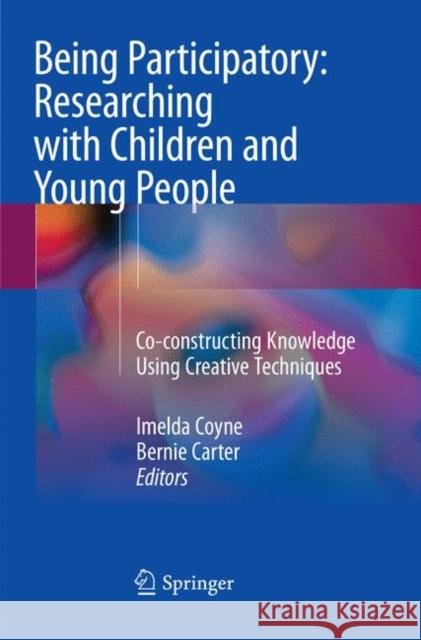Being Participatory: Researching with Children and Young People: Co-Constructing Knowledge Using Creative Techniques » książka
topmenu
Being Participatory: Researching with Children and Young People: Co-Constructing Knowledge Using Creative Techniques
ISBN-13: 9783030100308 / Angielski / Miękka / 2019 / 178 str.
Being Participatory: Researching with Children and Young People: Co-Constructing Knowledge Using Creative Techniques
ISBN-13: 9783030100308 / Angielski / Miękka / 2019 / 178 str.
cena 201,24
(netto: 191,66 VAT: 5%)
Najniższa cena z 30 dni: 192,74
(netto: 191,66 VAT: 5%)
Najniższa cena z 30 dni: 192,74
Termin realizacji zamówienia:
ok. 22 dni roboczych.
ok. 22 dni roboczych.
Darmowa dostawa!
Kategorie BISAC:
Wydawca:
Springer Nature Switzerland AG
Język:
Angielski
ISBN-13:
9783030100308
Rok wydania:
2019
Wydanie:
Softcover Repri
Ilość stron:
178
Waga:
0.32 kg
Wymiary:
23.37 x 21.08 x 1.02
Oprawa:
Miękka
Wolumenów:
01











